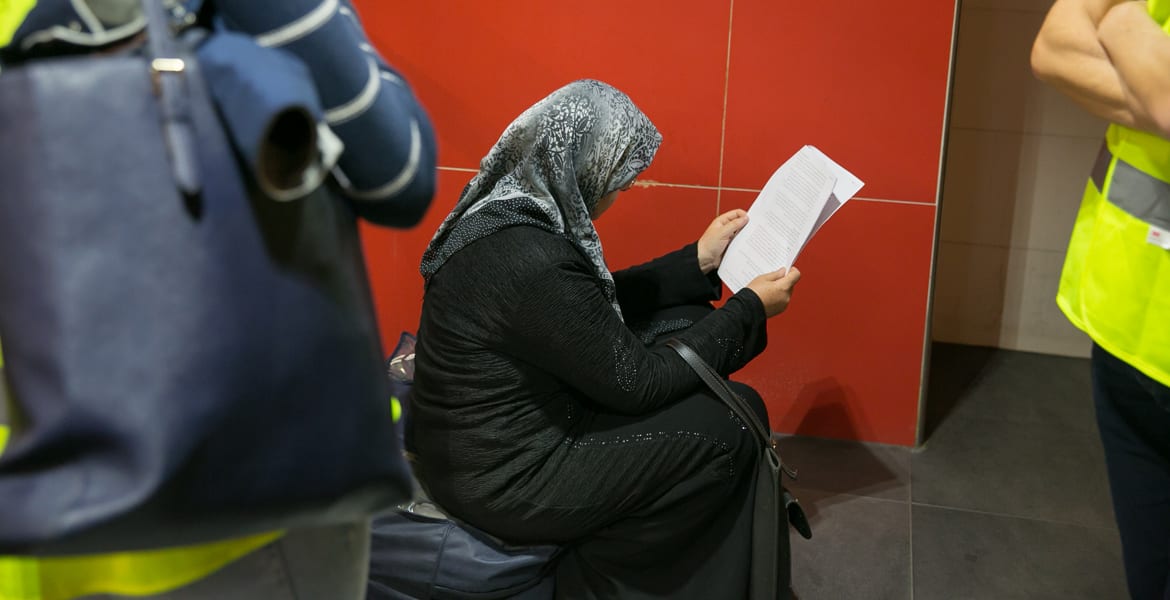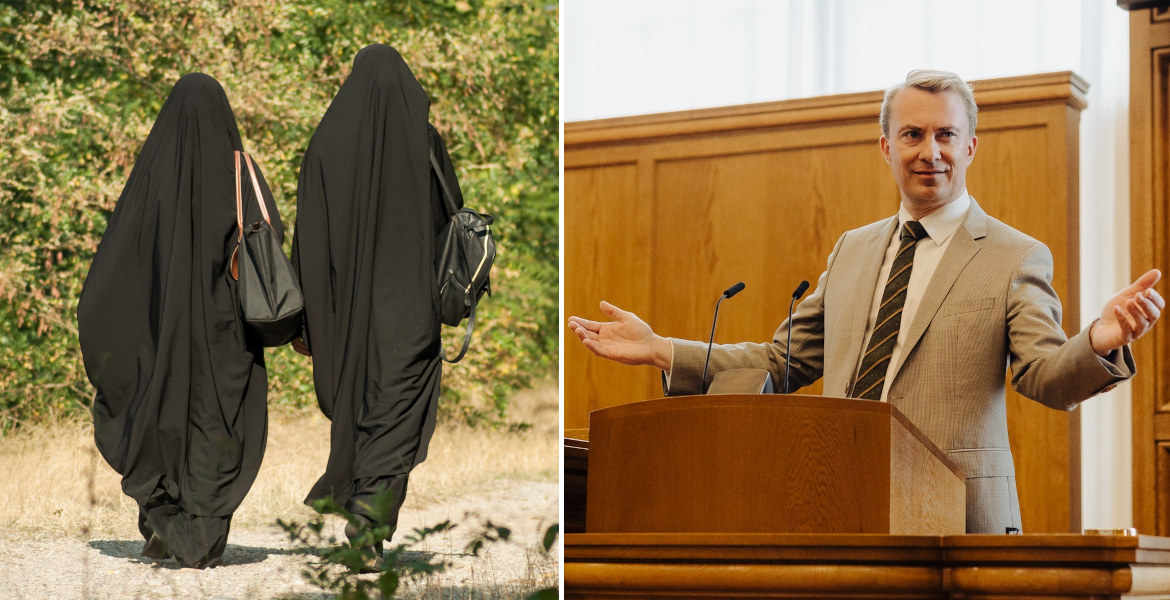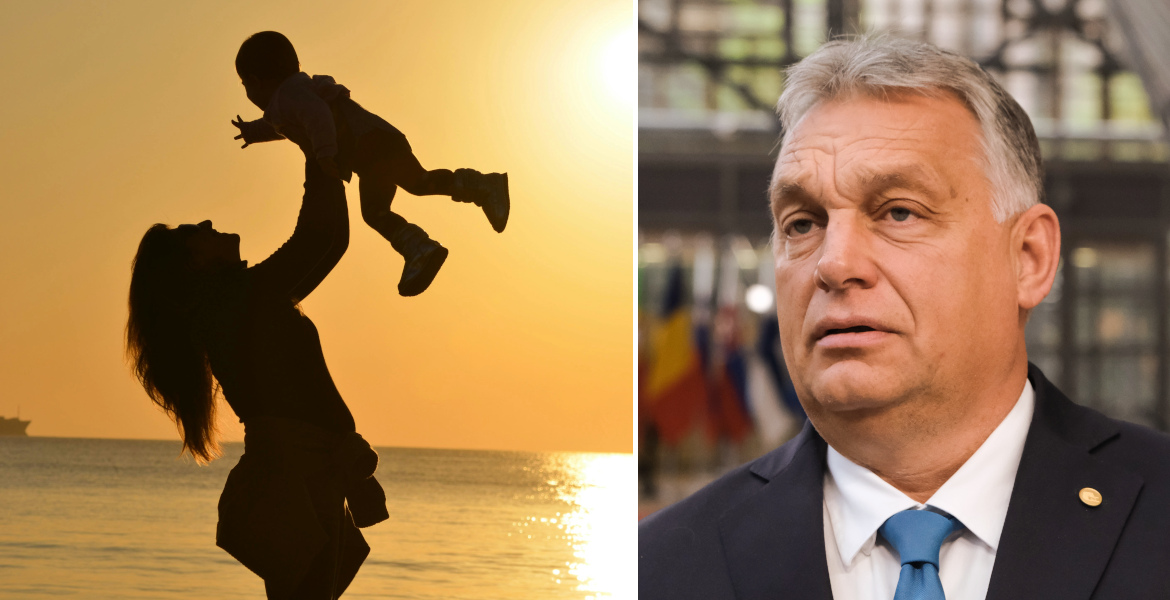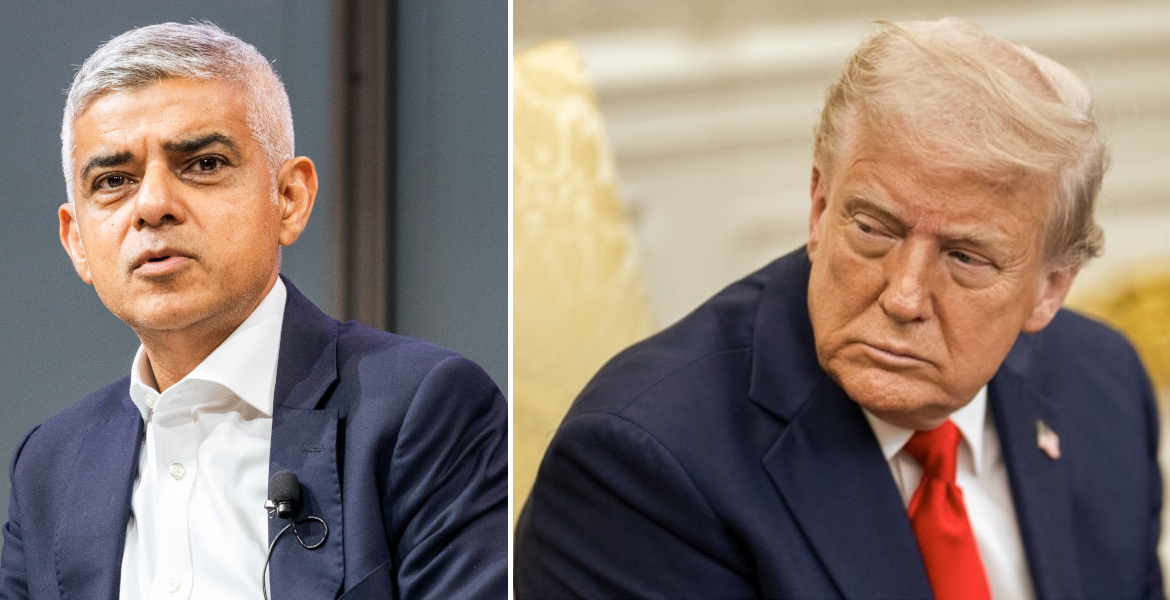According to the latest figures from the Swedish National Board of Education (Skolverket), Sweden has in a relatively short period of time become the most multilingual nation in the Western world, with almost a third of all primary school pupils now speaking a language other than Swedish as their first language. This development reflects the extensive immigration of recent decades, which has led to a dramatic demographic shift.
The latest statistics from the Swedish National Agency for Education for the 2023/24 school year show that 29% of all 7-16 year olds are eligible for mother tongue education - up from 24% in the 2014/15 school year.
This means that almost a third of all Swedish primary school students speak a language other than Swedish at home. The most common languages are Arabic, followed by Somali, Kurdish and South Slavic languages such as Bosnian and Serbian.
The change in the language profile of the population is mainly a consequence of the extensive immigration that has taken place in recent decades. Today, between 40% and 45% of children and young people have some form of foreign background, either because they themselves or their parents were born abroad.
Det är inte så ovanligt bland mina SFI-elever att de bott här i 10, 15, 25 år. De bor i sina enklaver, pratar sitt språk med grannar och i affärer, kollar på sitt lands kanaler. De har sina bidrag. Det har aldrig varit aktuellt att lära sig svenska.
— Anders Wester (@AndersWester1) August 25, 2024
"It is not so unusual among my SFI (Swedish For Immigrants) students that they have lived here for 10, 15, 25 years. They live in their enclaves, speak their language with neighbors and in business, watch their country's channels. They have their contributions. Learning Swedish has never been relevant".
Traditional minority languages affected
The rapid increase in the number of students speaking foreign languages has also affected Sweden's traditional minority languages, which are now in sharp decline.
The number of pupils entitled to mother-tongue instruction in one of the national minority languages, such as Finnish, Sami or Romani Chib, continues to decline. Only a small proportion of Swedish schoolchildren now speak these languages, which contrasts sharply with the large number of children who speak foreign languages.
Swedish multilingualism is unprecedented
Compared to other diverse countries such as the United States, Australia and the United Kingdom, where the proportion of children speaking a language other than the majority language is around 20-25%, Sweden is in a category of its own, with almost 30%.
Swedish multilingualism is also unique because the languages spoken here often have no natural connection to the country, unlike languages in other Western countries that have historical or colonial ties to their minority languages.
This rapid change has put Sweden on the map as the most polyglot country in the Western world, which many believe will affect and ultimately have major consequences for Swedish culture and the future of the language.




